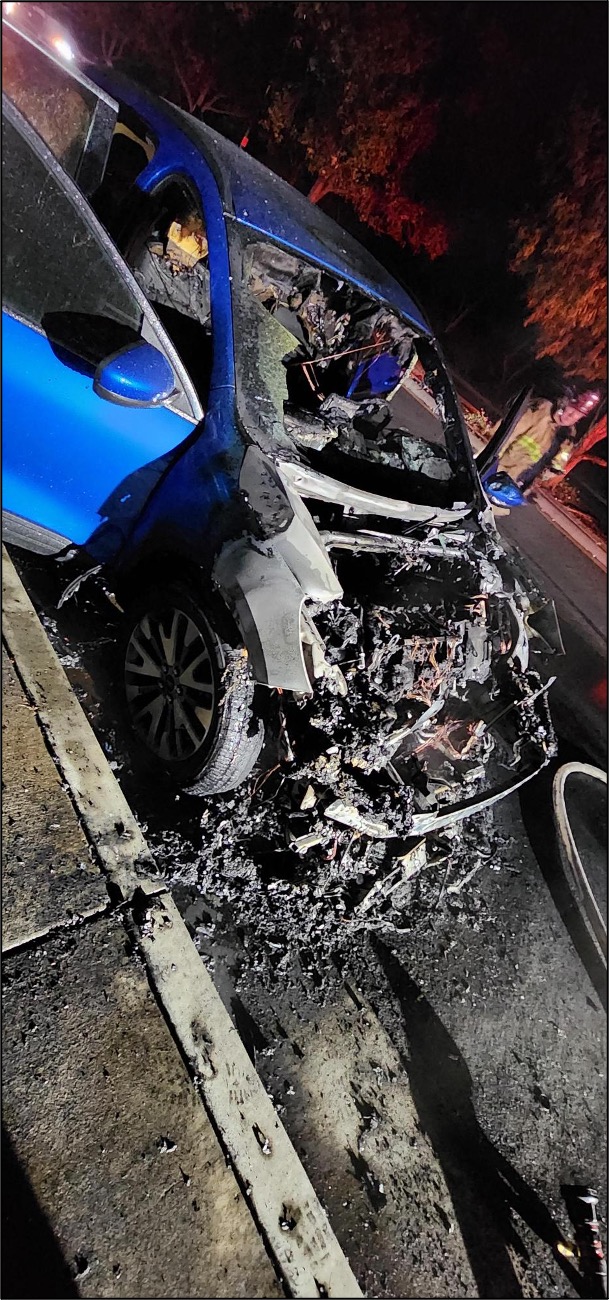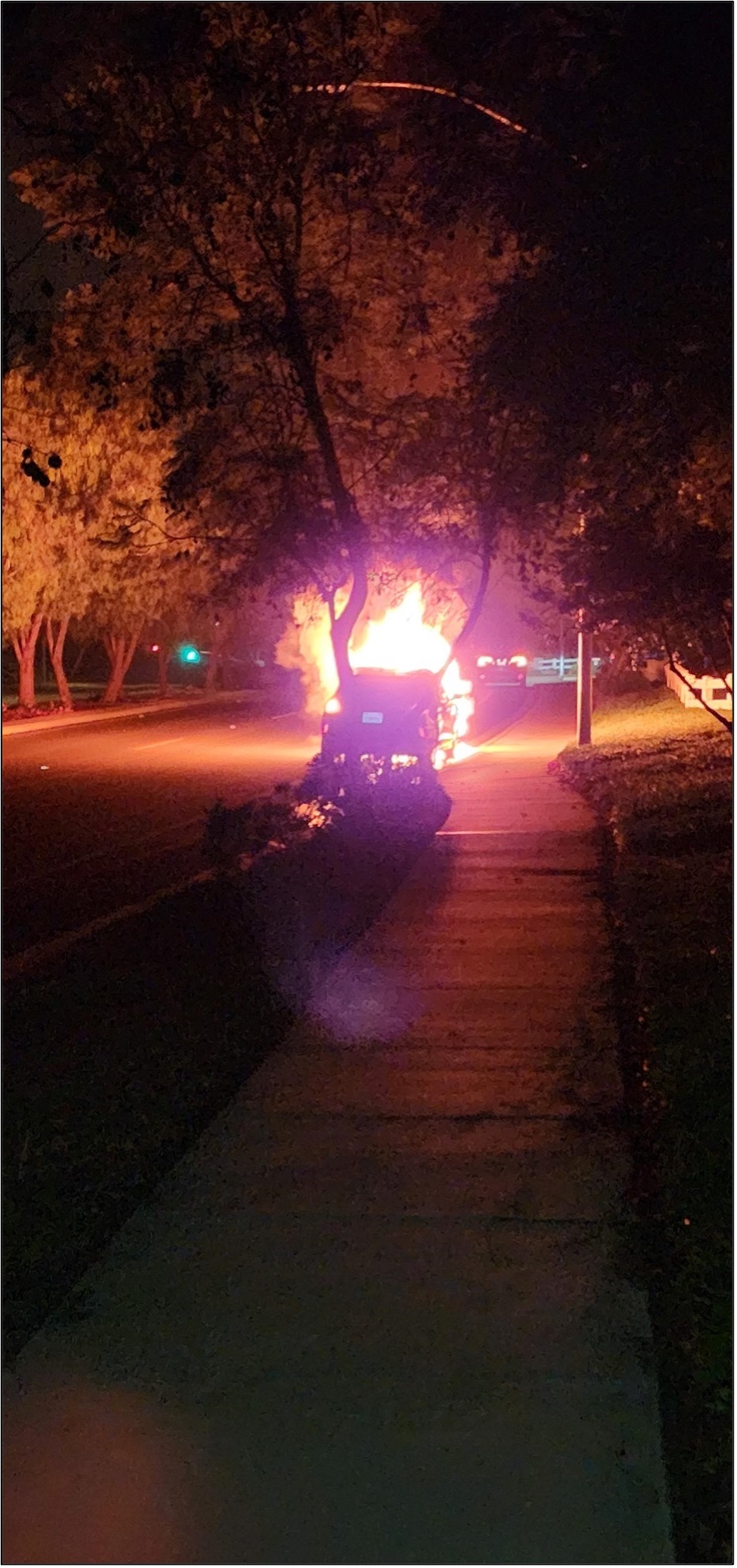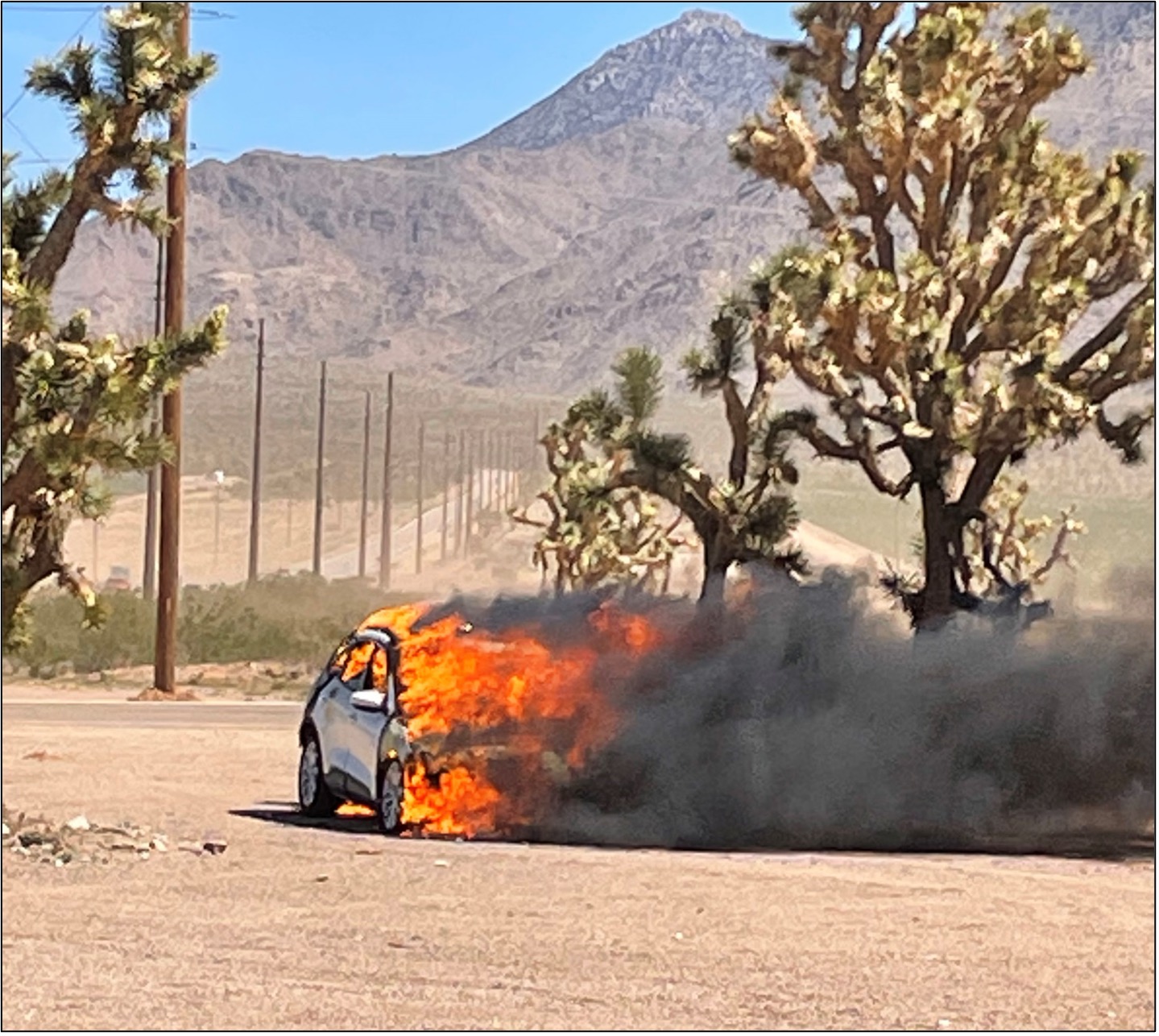Own a Ford Escape, Maverick or Lincoln Corsair hybrid? A manufacturing defect causes the engines to “blow,” which can result in loss of power and spontaneous fires. Find out your rights »
- RELATED DOCUMENTS
-
- Order Regarding Limited Remand 02/05/24
- Letter to Sixth Circuit 01/22/24
- Order Granting Defendant's Motion to Stay 01/17/24
- Order Regarding Plaintiff’s Motion for Relief from Judgment 01/17/24
- Opposition to Motion to Stay 10/20/23
- Ford's Motion to Stay 10/06/23
- Complaint 08/08/23
- Motion for Relief from Judgment 06/23/23
- Appellants' Principal Brief 05/30/23
- Notice of Appeal 03/23/23
- Judgment 03/22/23
- Opinion and Order Granting Motion to Dismiss 03/22/23
- Opposition to Motion to Dismiss 01/23/23
- Ford's Motion to Dismiss 12/12/22
- Amended Complaint 10/07/22
- Complaint 08/17/22
Ford issued a “fix” for this defect in July 2022, but they have since admitted that the “fix” does not work and the engines remain at risk of blowing up and causing loss of power or a fire. Now, Ford has asked the court to pause the case while they work out another fix—but there is no guarantee that Ford will come up with a new solution, or that the new solution will work. Ford’s failed “fix” and its refusal to issue an inspection and repair/replace protocol may violate your consumer rights, whether or not you have had the recall performed. You may be entitled to reimbursement for this hazard and Ford’s handling of the issue.
AFFECTED MODELS
Affected vehicles include Escape, Maverick and Corsair models equipped with the 2.5-liter hybrid electric vehicle (“HEV”) and 2.5-liter plug-in hybrid electric vehicle (“PHEV”) engines.
- Ford Escape Hybrid (HEV) and Plug-in Hybrid (PHEV), 2020-2023
- Ford Maverick Hybrid (HEV), 2022-2023
- Lincoln Corsair Hybrid (HEV) and Plug-in Hybrid (PHEV), 2021-2023
WHAT’S THE ISSUE?
In July 2022, Ford recalled more than 100,000 of its Escape, Maverick and Lincoln Corsair hybrid models manufactured since 2020 due to a serious defect which causes the affected vehicles’ engines to seize and eject components through the block and oil pan, leading to spontaneous stalls and fires. Rather than examining and fixing or replacing the faulty engines, Ford issued a “fix” which merely attempts to mitigate the risk of flammable vapors and fluids igniting and leaves the engines to fail.
FORD’S “FIX” IS A FAIL
Ford’s “fix” completely failed and the risk of fire remains. Owners of affected vehicles are left with a vehicle engine that is prone to blowing up and catching fire during operation, whether or not they have had the July 2022 recall work done.
Owners who have had the recall “fix” performed on their vehicles now have:
- Active grille shutters that are partially disassembled and no longer work as intended.
- An engine floor shield that is drilled full of holes and may no longer provide the wear protection and aerodynamics it was designed to achieve.
- Decreased fuel efficiency.
- Increased warmup time in cold weather.
- Longer time required to warm up the passenger cabin and defrost the windshield.
- Flammable fluids leaking onto the roadway and owners’ garages and driveways.
If you own a recalled Escape, Maverick or Corsair hybrid, fill out the form to find out your rights.
STALL/FIRE DEFECT AND FORD’S RESPONSE EXPLAINED
Following nearly two dozen reports of under hood fires or smoke, Ford admitted the affected vehicle engines have a manufacturing defect. The engines are prone to “blowing.” This occurs when the engine seizes and breaks, propelling broken parts of the engine through the engine block itself or the oil pan, which causes highly flammable liquids and vapors to escape, leading to smoke, ignition and fire.
Ford waited over a year to announce a safety recall regarding this issue, which instructed dealers to drill drain holes in the under-engine shield and remove blinds from the active grille shutter, but the recall did nothing to actually fix defective engines and prevent them from blowing up and stalling.
Separately, Ford issued a March 2022 recall on Ford Escape models equipped with this same engine regarding what may be the same manufacturing defect that causes blown engines and engine fires. This recall was limited to just 155 cars, and it properly addressed the defect by instructing dealers to inspect vehicles and replace their engines if the defect was found. Attorneys say that Ford could have implemented this solution in the case of the more than 125,000 vehicles impacted by this defect, but has chosen not to because it costs too much.
HOW DO I KNOW IF MY FORD OR LINCOLN IS AFFECTED?
Owners of affected cars have reported fires, smoke, under hood melting and hood smoke. Ford has issued a recall, for which affected owners should receive notice. The automaker has also advised owners to park and shut off the engine “as quickly as possible if they hear unexpected engine noises, notice a reduction in vehicle power, or see smoke.” Those affected have also been contacted by Ford and requested to visit a dealer to have the Active Grille Shutter blind removal and engine shield drilling performed.
If you have been contacted by Ford regarding a recall, appointment at a local dealership, or have experienced any of the above suggestions of a potential vehicle fire, your Escape, Maverick or Corsair is likely affected. Ford has now abandoned this recall because it was not effective.
HOW CAN A CLASS ACTION HELP?
In an auto defect case, a class-action lawsuit often seeks repayment for vehicle owners and lessees for related losses and/or for the diminished value of their cars because of an unfixed defect. Class members may have other claims to repayment as well under the law. The lawsuit may seek to create a fund paid for by the automaker to compensate those affected for out-of-pocket costs incurred when trying to fix the effects of the defect, including attempted repairs, replacements, damage to property and other losses due to Ford’s response to the defect and its effect on owners’ property.
TOP AUTO LITIGATION FIRM
Hagens Berman is one of the most successful auto litigation law firms in the U.S. and is presently leading nationwide cases against major automakers for emissions-cheating, safety defects and negligence, and your claim will be handled by attorneys experienced in automotive consumer law.
NO COST TO YOU
There is no cost or fee whatsoever involved in joining this case. In the event Hagens Berman or any other firm obtains a settlement that provides benefits to class members, the court will decide a reasonable fee to be awarded to the class’s legal team. In no case will any class member ever be asked to pay any out-of-pocket sum.
CASE TIMELINE
Only June 18, 2024, Ford owners represented by Hagens Berman filed a motion requesting that the court reopen their case against the automaker. The motion follows a judgment dismissing the Ford owners’ claims, which was handed down on Feb. 28, 2024. After the court entered this judgment, however, new information surfaced concerning post-repair fires in the affected vehicles. Hagens Berman attorneys believe that this new information undermines the reasoning in the court’s original judgment and that Ford owners deserve to have their claims heard. Read the motion »
Judge George Caram Steeh of the U.S. District Court for the Eastern District of Michigan provisionally granted plaintiffs’ motion to reopen their class-action case against Ford, pending remand of the case from the Sixth Circuit Court of Appeals.
“We are grateful that the court has agreed that Ford’s ineffective recall remedy has not provided plaintiffs with a complete remedy, and thus the case should continue.” said Steve Berman, managing partner of Hagens Berman. “We look forward to a remand from the Sixth Circuit so that we can get this case back on track.”
The order highlights that new information concerning reports of post-repair fires were not publicly available at the time the court entered its prior order that dismissed the case as moot. The court’s present order allows plaintiffs to amend their complaint to include this new, material information.
Judge Steeh stated in the order, “Because Plaintiffs’ appeal has divested this court of jurisdiction, it lacks the power to grant their Rule 60(b) motion. Should the Sixth Circuit agree that remand is appropriate, however, the court will grant the motion at that time and permit Plaintiffs to amend their complaint.”
Download Notice of Appeal »








